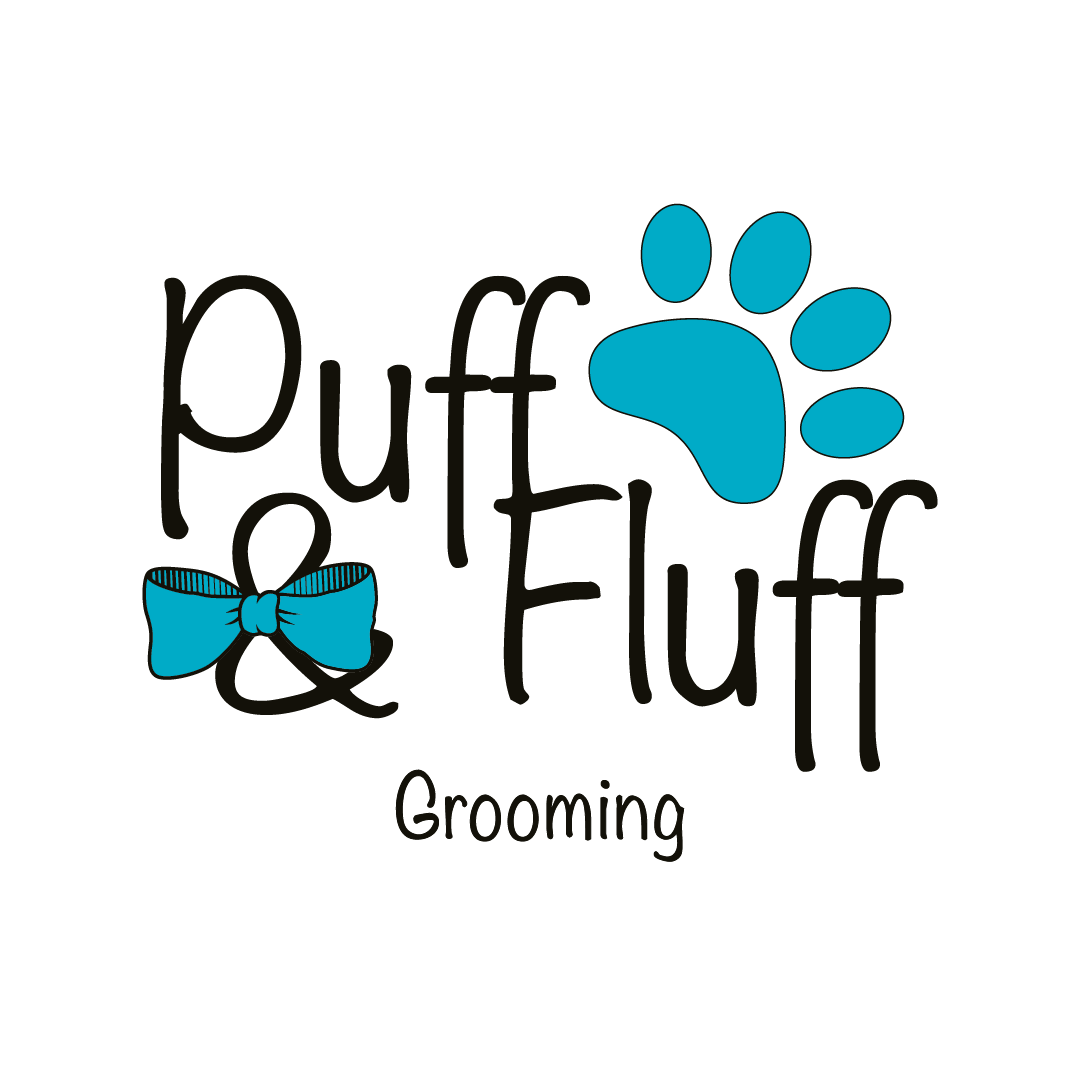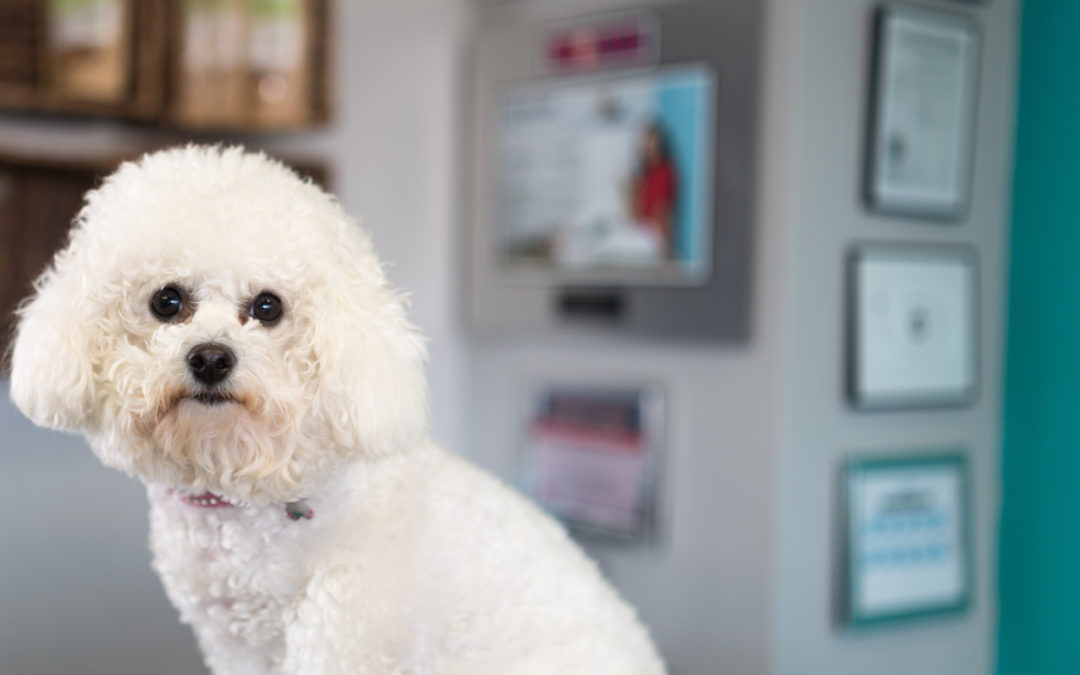Everyone has a sick day once in a while and the same is true for our furry friends. But how do you know when your dog is suffering from something worse? Your dog may be throwing up simply due to an upset stomach but it could also be a serious sign of poisoning.
March is Pet Poison Prevention Awareness Month and we want to make sure you’re armed with all the information you need to care for your dogs! Sure, you may already know chocolate is harmful to pets (dark is worse than milk given the higher cacao percentage)… but there are plenty of other foods and products to avoid when raising happy, healthy pets.
You may not realize that many common household items pose serious threats to your four-legged friends. Don’t worry, the Puff & Fluff team is here to help! Below is a breakdown of potentially harmful products to keep away from your dogs. You’ll also find some helpful resources at the end of this post.
Common Foods & Products Lethal to Dogs
Foods
In addition to chocolate, other pet poisons include coffee, citrus, onions, garlic, coconut, grapes, and other common human foods. This is why it’s so important not to feed Fido directly off the table – while a small amount of any of these foods may not do them any harm, it’s better to be safe than sorry! The ASPCA is a great resource if you’re looking for a complete list of foods to avoid giving your pet. Check out the full list here.
Household Items
While many people focus on foods that are bad for pets, many household items can be just as lethal. If you have a rodent problem, don’t forget that pesticides are extremely poisonous to pets. As careful as you may be about storing rat poison or other similar items, remember that dogs can sniff out anything!
Remember: it’s not just the lethal product you need to be careful of; if your pet comes across the poisoned rodent and decides to eat it, he or she may also be poisoned. If you have a pest problem, try using non-poisonous traps; not only are they more humane, but you won’t have to worry about your pets getting into nasty poison either!
Do you have a green thumb? While tulips, azaleas, and lilies are all beautiful plants, they’re also toxic to pets. The risky components of the plants are tulipalin A and tulipalin B, toxins especially common within the bulb. If you want to pepper these plants throughout your home, be sure to keep them well out of reach from your curious pets.
Medications
Pups are smart and curious, so even the strongest childproof top on your medications won’t deter them. Keep any medicine you have locked away in cabinets and well out of reach from your pets. The most common medications to keep away from your dogs include acetaminophen (Tylenol), birth control, thyroid hormones, and more.
Warning Signs
Here are some warning signs that your pet may have gotten into something he or she shouldn’t have:
- Lethargy
- Vomiting
- Pale gums
- Excessive thirst
- Lack of appetite
- Absence or decreased urination
All pets are different and you know your pet best! If he or she is acting abnormally in any way, you should seek medical attention as soon as possible.
Helpful Resources
Have more questions about keeping your pets safe? Below are some numbers and sites you should keep handy at all times!
ASPCA Animal Poison Control: If you think your pet may have ingested a potentially poisonous substance, call (888) 426-4435. This is your best resource 24 hours a day, 365 days a year.
The ASPCA website is another helpful resource. There is also a mobile app that has tons of helpful information.
The Pet Poison Helpline is another helpful resource and you can reach someone at this number: 855-764-7661. The helpline’s website also offers a poison list and a guide to pet safety for owners.

